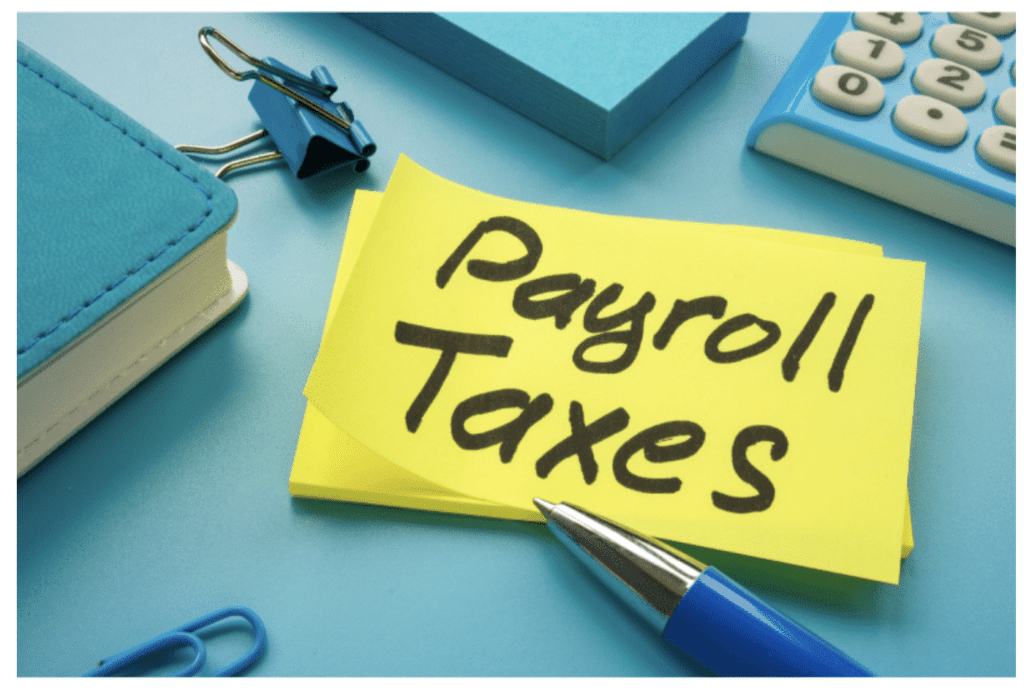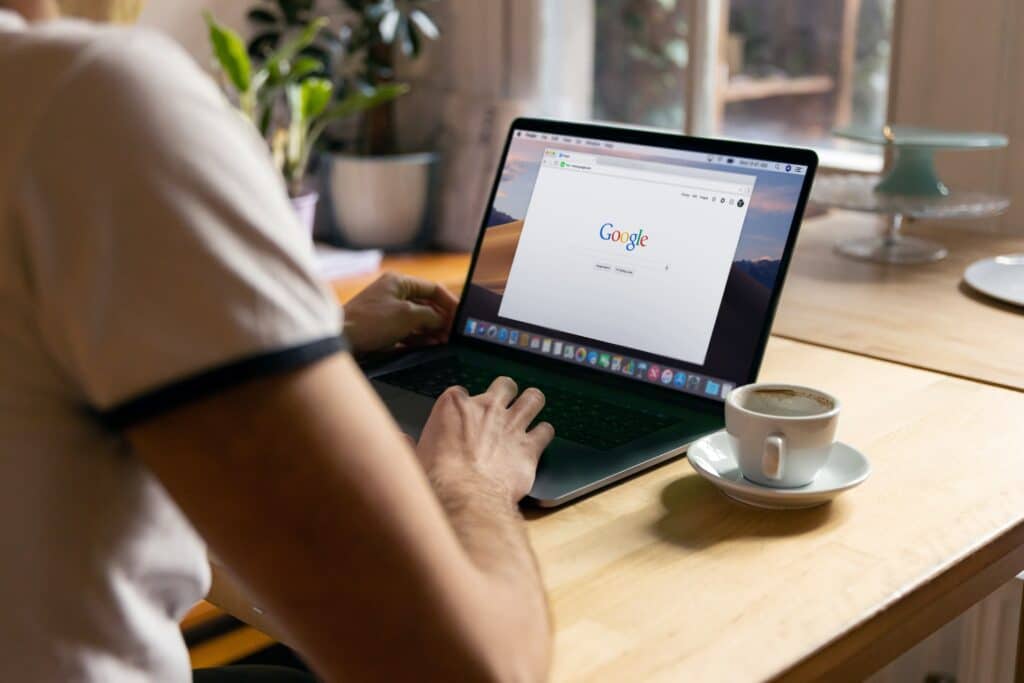We reached out to a handful of Australians to get their thoughts on how the front office staff at medical practices impacted their patient experience.
The respondents ranged from 25 years old to 72. Some visited the doctors once a year, while others made the trip once a week. Some suffered from chronic conditions including, cancer, asthma, anaemia and osteoporosis. Others had a clean bill of health. Here’s what they had to say.
How do you want to be greeted by reception staff?
A 53 year old woman from Hillarys, Western Australia, shared, “Well, it’s really nice when they do know your name and they recognise you, but I know, often the phones are ringing and they’re tied up”.
A young woman in her thirties who sees the doctor regularly to monitor her anaemia shared a similar view. “I definitely want them to be friendly. My regular doctor, they all know me, so it’s ‘Hey [name]’ as I’m walking through the door. It’s really nice to be known on a first name basis. Whereas I have another specialist who I don’t see very often, and it’s very much like they all have their heads down using their phones and it doesn’t feel very friendly.”
A 69 year old male from Kellyville, New South Wales, also saw the silver lining. He explained, “[The reception staff] are really friendly now that they’ve got to know me. They are a little standoffish until they get to know you, but I generally throw in a couple of jokes and that gets them going”.
When reception staff miss the mark
In contrast, one male in his mid-twenties from Melbourne described, “I would want them to welcome me—to say ‘Hi’—and to invite me to come over to the desk. Usually, I have to be proactive and tell them who I am and what time my appointment is. There’s no invitation to the front desk”.
His negativity could be a sign of age. A woman in her early thirties from St Ives, New South Wales, also shared a negative view. “I’ve had so many experiences with mean receptionists… I remember going up to the desk at one clinic and the woman told me to wait over there. I ended up fainting. She was really up herself and had no compassion.”
Making a personal connection
One 72 year old woman from Golden Beach, Queensland, had a more patient approach. “I just think it’s manners. If they’re on the phone taking another call it’s up to you to stand there and wait until they’re finished.”
This said, she was firm about how staff should treat her if they weren’t tied up on the phone. “I like them to look at you and say, ‘Good morning’ or ‘Good afternoon, your name’… and it’s nice for them to respond to you with a smile and to look you in the eye, not with their head down and only half listening.”
Over and over again, patients credited those staff who greeted them by name and penalised those who didn’t.
What tips do you have for receptionists?
We also asked patients how they believed reception staff could improve the way they communicate, aside from smiling and acknowledging their name.
A male in his mid-fifties suffering from a string of chronic conditions, explained, “If they know about current wait times, it would be nice to know. And if the doctor is running behind schedule it would be nice to get an apology.”
A similar aged woman described, “It would be nice if it was easier to get in contact with them. It’s very difficult to get them on the phone, but they do now have an online booking system that I use, which avoids most of that problem.”
A 48 year old woman from New South Wales described, “When I’m leaving, they’re looking right at me. It would be nice if they said, ‘Thank you’, and waved. I don’t want to be stopped for a giant conversation, but something more than a blank stare would be good”. She went on to describe, “I’ve never filled in a customer satisfaction form. I’ve never been asked if there is anything more they can do. They don’t have any type of evaluation that I can see and I’ve never received anything in the post, or email, or phone calls”.
The takeaway for your reception staff
Patients across the board all seemed to want the same things. They wanted to be acknowledged by name and greeted with a smile. It showed just how much of an impact long term staff, who knew their patients intimately, could make on a practice compared to temps who had a lot less chance of recognising faces.
How technology could lighten the load
Technology could play a role in helping receptionists better satisfy patients. It seemed that few patients complained about waiting too long on the phone to make an appointment when their clinic offered online bookings. The same could be true if practices allowed patients to check in using alternatives, like mobile app. This wasn’t the preferred option for everyone—it was about a 50/50 split. But having a kiosk in a practice means receptionists have more time with patients who prefer to check in with a person.
Of course, a refresher course in customer service may help too, but when things are flat out, there is only so much a receptionist can do. Technology can’t going to solve all the problems, because some patients want a personal interaction with staff. But it is a great way to free up staff so they can get back to focusing on their people.



